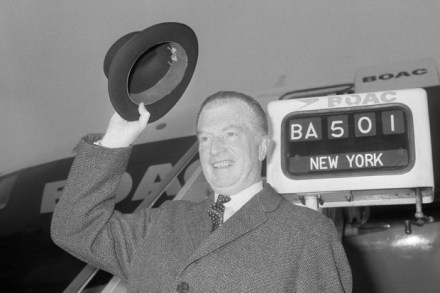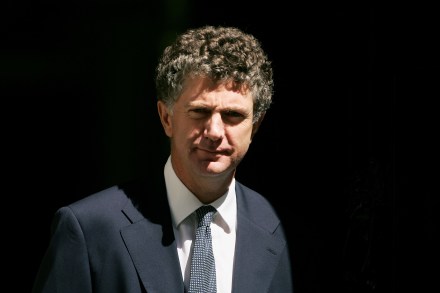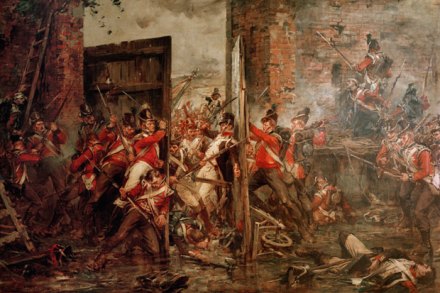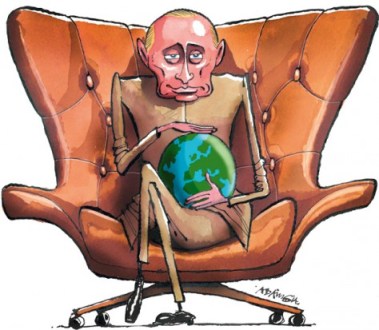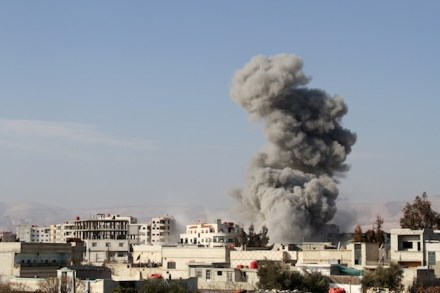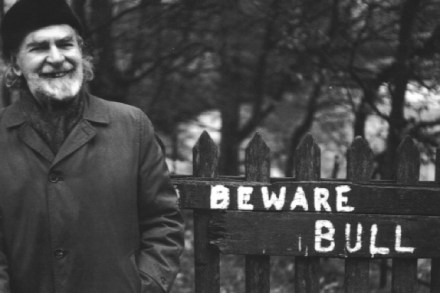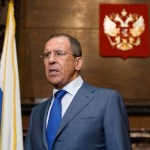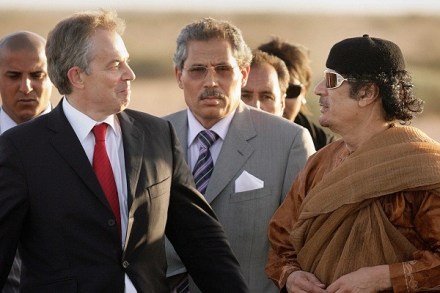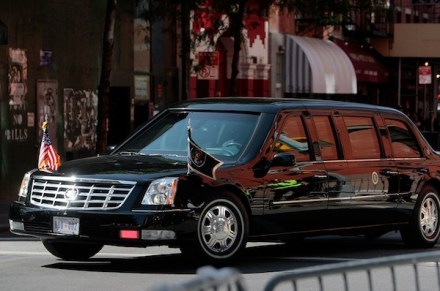Letters | 22 October 2015
Scotland isn’t failing Sir: It will take more than Adam Tomkins descending from the heights of academe to persuade the Scots that education, health, policing and everything else in Scotland is failing (‘The SNP’s One-Party State,’ 17 October). Scots aren’t stupid: they have heard all this before from the unionist press, and they don’t believe it. That’s why, after seven years in power, support for the SNP is still growing. Meanwhile, the Tories continue to have dreadful results in Scotland, despite having an articulate and personable leader in Ruth Davidson and no competition any more from the Lib Dems. Here’s two reasons why: first, most Scots have come to the conclusion



